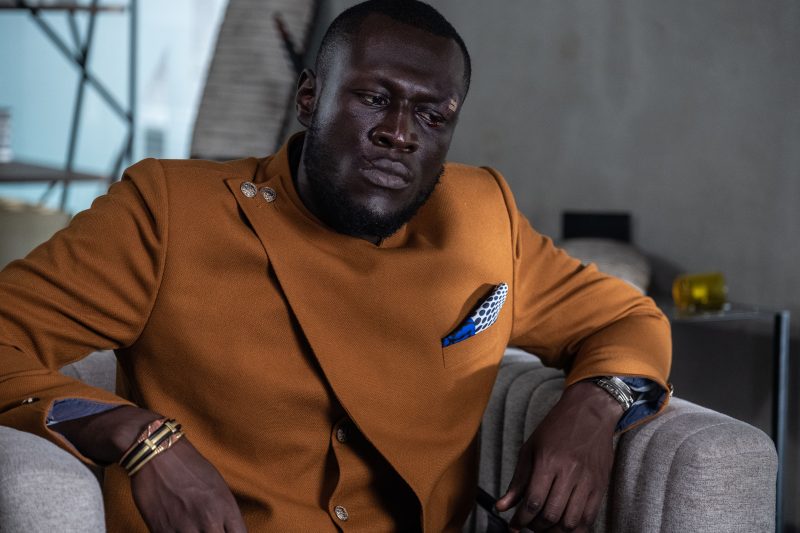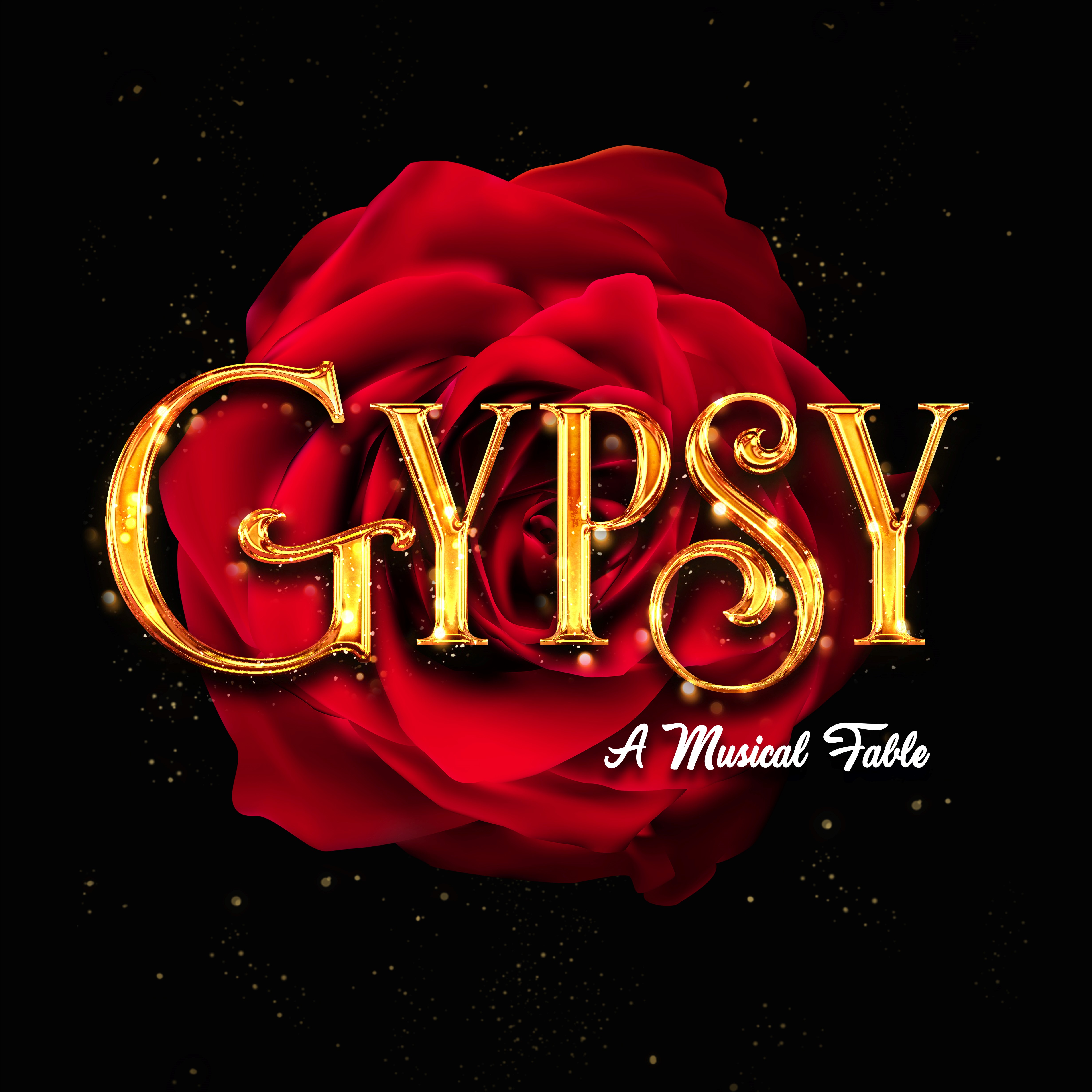Photo credit: inews.co.uk
Style of the City reviews the upcoming BBC six-part adaptation of Malorie Blackman’s 2001 novel, Noughts + Crosses.
Featuring an impressive cast, from rapper Stormzy, Paterson Joseph (Peep Show), Bonnie Mbuli (Apartheid-era biopic Catch A Fire), Kike Brimah (recent thriller The Riot Act), Helen Baxendale (Emily Waltham in Friends), Ian Hart (Professor Quirrell in Harry Potter and the Philosopher’s Stone) to Josh Dylan (Mamma Mia! Here We Go Again) and an already formed fandom based around the bestselling books, the hype for this dystopian series has been building for several months.
I dedicated to binge-watch the most anticipated BBC drama Noughts + Crosses. Since watching the adverts, I knew it was vital to view the dystopian drama which critically provokes us as a society to think of our actions, laws and behaviour towards our multicultured communities.
Starring Jack Rowan as Callum McGregor and Masali Baduza as Sephy Hadley, Noughts + Crosses illustrates the journey of star-crossed lovers and highlights a narrative that tackles socio-political issues such as love, personal responsibility and identity in a multicultural community. The drama is set in an imaginary London, colonised by African nations over 700 years ago, where African cultural norms are dominant and Nigeria’s Yoruba language is spoken by all.
Sephy and Callum are childhood friends whose relationship blossoms into romance. However, they live in a dystopian society divided by colour with strict race laws. Sephy, a `Cross’, is a member of the black ruling class; whereas, Callum is a `Nought’, a white member of the underclass. It highlights a colourfully re-appropriated capital in which the power base of skin colour is directly inverted. Noughts + Crosses transports us to the race-flipped 21st-century of Albion, where the lighter-skinned ‘Nought’ majority has been ruled over by darker-skinned ‘Cross’ colonisers from “Aprica”.
The generation who grew up reading Blackman’s novels will inevitably watch this series, and the 9pm time slot suggests the BBC is hoping for a wider adult appeal. However, by casting Stormzy as the newspaper editor, Kolawale, (a new character that does not feature in Blackman’s novels) his avid fanbase is bound to tune in.
He said: “As a diehard fan of Malorie’s novels, being a part of this important show is a dream come true.”

Those who have read the novels will find the characters have been aged by five years, making Callum and Sephy full participants in the Albion society, in order to convey to the audience the hardship they experience for choosing to love outside the norms of their society.
The TV drama makes those who we considered privileged in today’s society experience the role reversal of racism. A well-known example from the book highlights how we take everyday items for granted, as Callum cuts his finger and receives a flesh-coloured plaster that doesn’t match his skin tone. Also, the drama illustrates that Sephy has an array of higher education opportunities; whereas, Callum’s best option is to enrol in the elite Cross military academy, Mercy Point, even though he will be alienated by his classmates and endure relentless racist bullying.Thus, provoking the audience to recognise their privilege.
The series, although funny and romantic at times, has a serious tone that highlights the injustice in the Albion society, as well as our own. As a Nought, Callum is subject to brutal policing, the constant disrespect of mispronounced names and the highly charged slur “blanker”, which is constantly referenced by the majority of Crosses. Callum’s reaction during a climactic scene where Sephy delivers the racial slur “blanker” has a lasting impact and will be a moment viewers struggle to forget from the season. Unfortunately, this rings alarm bells with viewers, as it highlights the racism many experience in today’s society.
What distinguishes Noughts + Crosses from a historical-based fantasy, such as Game of Thrones or a dystopian reality like The Handmaid’s Tale is that it is hardly fictionalised at all. Albion is our society, we have the same government, the same technology, the same geography, only the impact of racism is reversed.
Noughts + Crosses critically provokes us to examine our behaviour as a society, and what hope do we have for the future if we continue this prejudice path? Unfortunately, these incidents that take place in the dystopian drama are too similar in today’s society to disregard.
All six episode of ‘Noughts + Crosses’ season one are available to stream on BBC iPlayer now, view the season here.












1 comment
Thanks for your personal marvelous posting! I quite enjoyed reading it, you can be a great author.I will be sure
to bookmark your blog and will eventually come back very soon. I want to encourage that you
continue your great job, have a nice day!